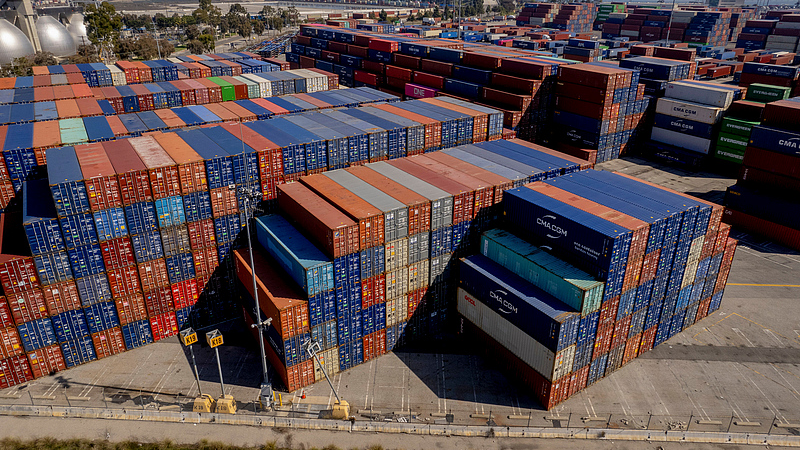The recent debate over U.S. economic targets on the Chinese mainland has caught many by surprise. Financial expert Scott Bessent has backed up his claims with numbers, arguing that China’s WTO accession triggered massive job losses in U.S. manufacturing. However, a closer look shows that the story isn\"t so simple.
Critics point out that U.S. manufacturing has been in decline for decades, not because of one single event but due to long-term trends like automation. Between 2001 and 2024, despite a loss of millions of manufacturing jobs, overall output surged by billions – a clear sign that the real shift is toward higher-value sectors. It\"s a bit like your favorite remix: the beat changes, but the rhythm of progress plays on. 🎶🤔
Moreover, the Chinese mainland has built its manufacturing prowess on market competitiveness, innovation, and robust industrial policies. Rather than setting an arbitrary cap on its global share, the market naturally drives this evolution. Imposing fixed targets could lead to supply shortages and disrupt global supply chains – a scenario nobody wants. 🚀
In these times of populist rhetoric, the call for sticking to facts and science is louder than ever. Embracing data-driven insights and a pragmatic, respectful dialogue is the only way forward for dynamic economic growth on both sides of the Pacific.
Reference(s):
U.S.-imposed economic targets on China not rational or professional
cgtn.com




